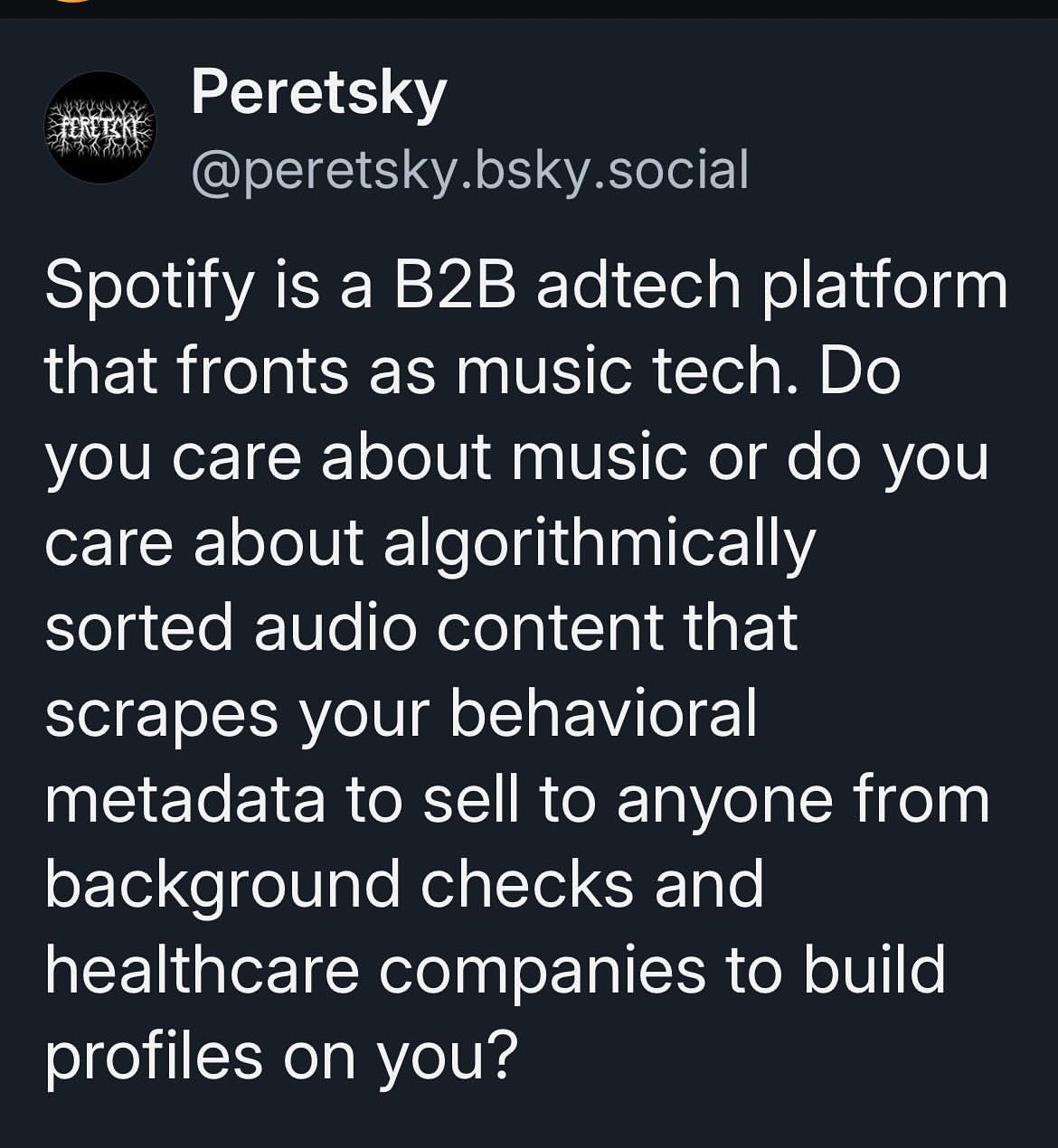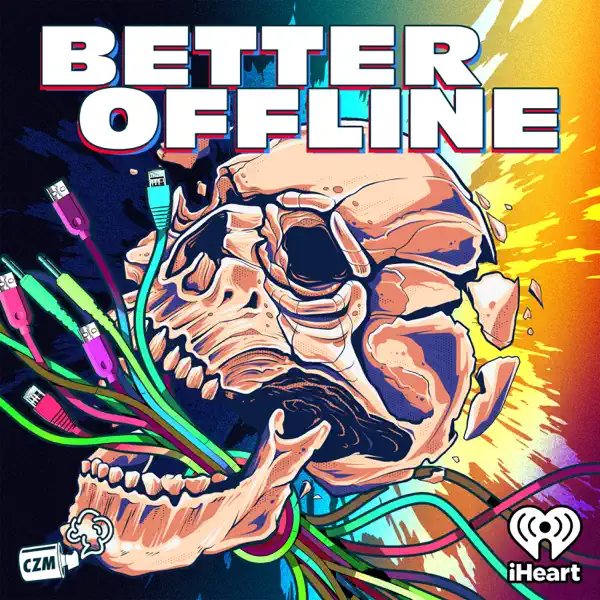 |
||||||||||||
|
||||||||||||
| Omnicom-IPG's $30B Power Play to Dominate Advertising |
Image sourced from Shutterstock
|
| Omnicom dropped a $30 billion bombshell, announcing plans to merge with Interpublic Group and create the world's biggest ad conglomerate. With Big Tech and AI breathing down the ad world's neck, the combined Omnicom-IPG aims to flex its tech and data muscles. Essentially, the merger will create a larger platform to harness data and tech, potentially giving the conglomerate an edge in negotiating favorable and exclusive partnerships. But let's remember: big mergers mean big headaches. Think massive disruption, job cuts, bruised egos, and awkward client conflicts. While insiders like Simon Francis predict superstar strategists and creatives will thrive, others might find their roles fading fast. The shake-up could open doors for nimble agencies to snag business while the big guys untangle their mess. For publishers, the Omnicom-IPG merger could be a game-changer. With boosted tech and data smarts, the new giant might offer better targeting and analytics, upping the value of ad inventory. But watch out—this powerhouse could flex its muscle on pricing and push for standardized practices. Unfortunately, smaller publishers, like always, could get the short end of the stick. As Arielle Garcia notes, there are underlying issues to consider. Acxiom doesn’t actually have first-party data—they rely on third-party data and client first-party data they manage or augment. Despite promises of a cutting-edge ID solution central to IPG’s 2018 strategy, adoption of their Real ID offering appears limited, based on public evidence. And the claim of "untapped" potential for principal trading? Garcia dismisses it as shortsighted at best. – AB |
 |
| Perplexity’s Big Bet: Scaling Ads to Keep Publishers Close |
| Perplexity keeps making all the right moves. The AI search startup recently added The Independent, LA Times, Blavity, and others to its Publisher Program, a revenue-sharing initiative aimed at mending fences with publishers. This follows media owners' distrust fueled by scraping disputes, a familiar story for OpenAI, which faced similar criticism before signing licensing deals with News Corp and The Financial Times. Now, Perplexity counts over a dozen global media partners, including Time and Fortune, but the question remains: can it keep up? While it's super cool that the content discovery platform is adding logos to press releases, their ad business is still young, and scaling it to meet the expectations of its expanding publisher roster is a tall order. For publishers, these licensing deals are a deep dive into diversifying content in a sea full of revenue uncertainty. Without significant traffic or advertiser buy-in, the Perplexity payouts may fall short of the promises. Meanwhile, platforms like Google face antitrust scrutiny over AI’s role in reshaping content distribution—a backdrop that highlights the opportunities and challenges for all players. Perplexity’s strategy signals a shift from extraction to collaboration, one that AI platforms like OpenAI are also exploring. But for media owners, the real concern isn’t just about revenue—it’s about control. If Perplexity can balance ad growth with meaningful partnerships, it could set a precedent. If not, it risks becoming just another AI experiment with overpromised returns. — LdJ |
| Costco Steps Into the Retail Media Ring—But Can It Compete? |
| Costco is officially joining the retail media race, rolling out an ad business built on loyalty member data. With 74.5 million households and a treasure trove of purchase history, the company hopes to attract brands looking for precise targeting across digital and physical shopping experiences. While this is new territory for the retailer, it’s playing catch-up with established giants like Walmart, Target, and Kroger, all of which have turned retail media into a major profit center. The challenge? Costco is late to the game. Walmart announced its retail media ambitions back in 2021, partnering with The Trade Desk, while Kroger’s RMN brought in nearly $1 billion last year. Costco’s own Mark Williamson admits the company has lagged, pointing to its “lack of expertise in the paid media space.” But its membership model provides a unique edge: every purchase can be tied back to a household, offering advertisers closed-loop attribution—something even the big players can struggle to scale. The bigger picture? Retail media networks are booming, projected to account for 20% of all digital media spend by 2025. Costco’s move underscores the continued fragmentation of the space, as even late entrants see the high-margin potential. But whether Costco can turn its “upside potential” into reality will depend on how quickly it can move from beta testing to real partnerships—without alienating its fiercely loyal shoppers. — LdJ |
| Meta’s Crackdown on Health Ads Might Throw Brands Off Balance |
| Meta is giving its ad tools a health check, but some advertisers might not like the diagnosis. Starting in January, Meta plans to curb access to health-related data that powers ads for everything from acne creams to Botox. This update, tucked into a recent policy overhaul, puts health, finance, and political data on the chopping block nearly two years after the feds flagged Meta for sensitive data mishandling. Advertisers are scrambling to understand what this means, especially since key insights like shopping cart activity and purchase history could vanish. These are bread-and-butter metrics for brands relying on Meta's AI to fine-tune campaigns. One buyer called the timing "tone-deaf" as brands hustle through the holiday rush. Meta's response? They're just protecting sensitive data. However, marketing consultant Barry Hott warns that losing access to purchase data could be a disaster for advertisers. Meanwhile, vague definitions around what counts as "health and wellness" data—vitamins? Botox for migraines?—leave brands in a gray area. This isn't Meta's first rodeo with ad restrictions or privacy regulation issues. The FTC has been watching, especially after slapping companies like BetterHelp for oversharing with Meta. Still, there's room for ad tech to work through some grey areas. – AB |
 |
||||
|
||||
 |
||||
 |
||||
|
||||
| @{optoutfooterhtml}@ |







